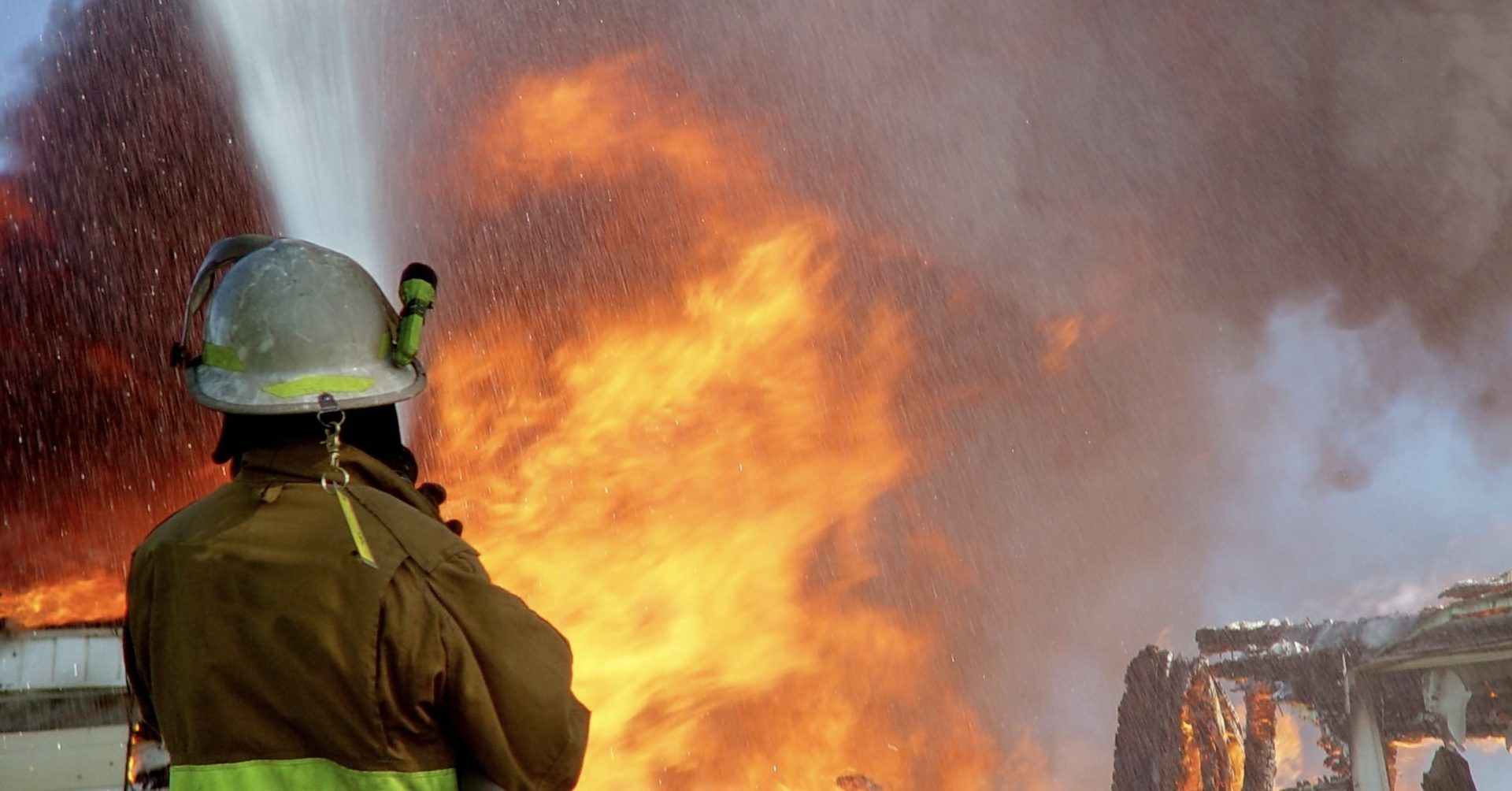
A raging fire at a migrant center near the United States-Mexico border resulted in at least 40 deaths, and officials believe the asylum seekers started the blaze in protest of their pending deportation.
According to AP News, the incident broke out on Monday night at a National Migration Institute-run center in Ciudad Juárez, Mexico—directly across the border from El Paso, Texas.
A total of 68 men were being housed in the center at the time, and initial reports cited 39 deaths while the remaining 29 were transported to hospitals in “delicate-serious condition.” However, the death toll was eventually cited as having increased to 40.
The injured and deceased were reportedly identified as being from the Central and South American countries of Guatemala, Honduras, El Salvador, Colombia, Ecuador, and Venezuela. Guatemala Foreign Affairs Minister Mario Búcaro notes that the vast majority of the deceased were Guatemalan citizens.
Notably, AP News reports that Andrés Manuel López Obrador—the president of Mexico—said the fire was started by the migrants themselves after learning they’d be deported.
Regarding how the situation played out, López Obrador added, “They never imagined that this would cause this terrible misfortune.”
However, we have to note that there’s some pushback against officials’ narrative that the migrants started the fire themselves. In fact, Dallas Morning News correspondent Alfredo Corchado notes that one Haitian migrant slammed the situation as “a crime against humanity.”
“We want justice. This is a crime against humanity.”
Additionally, Felipe González Morales—the UN Special Rapporteur for Human Rights of Migrants—blames the tragedy on “the extensive use of immigration detention.”
There are no further updates at this time. We send our prayers and condolences to the survivors, as well as the families of those who perished.